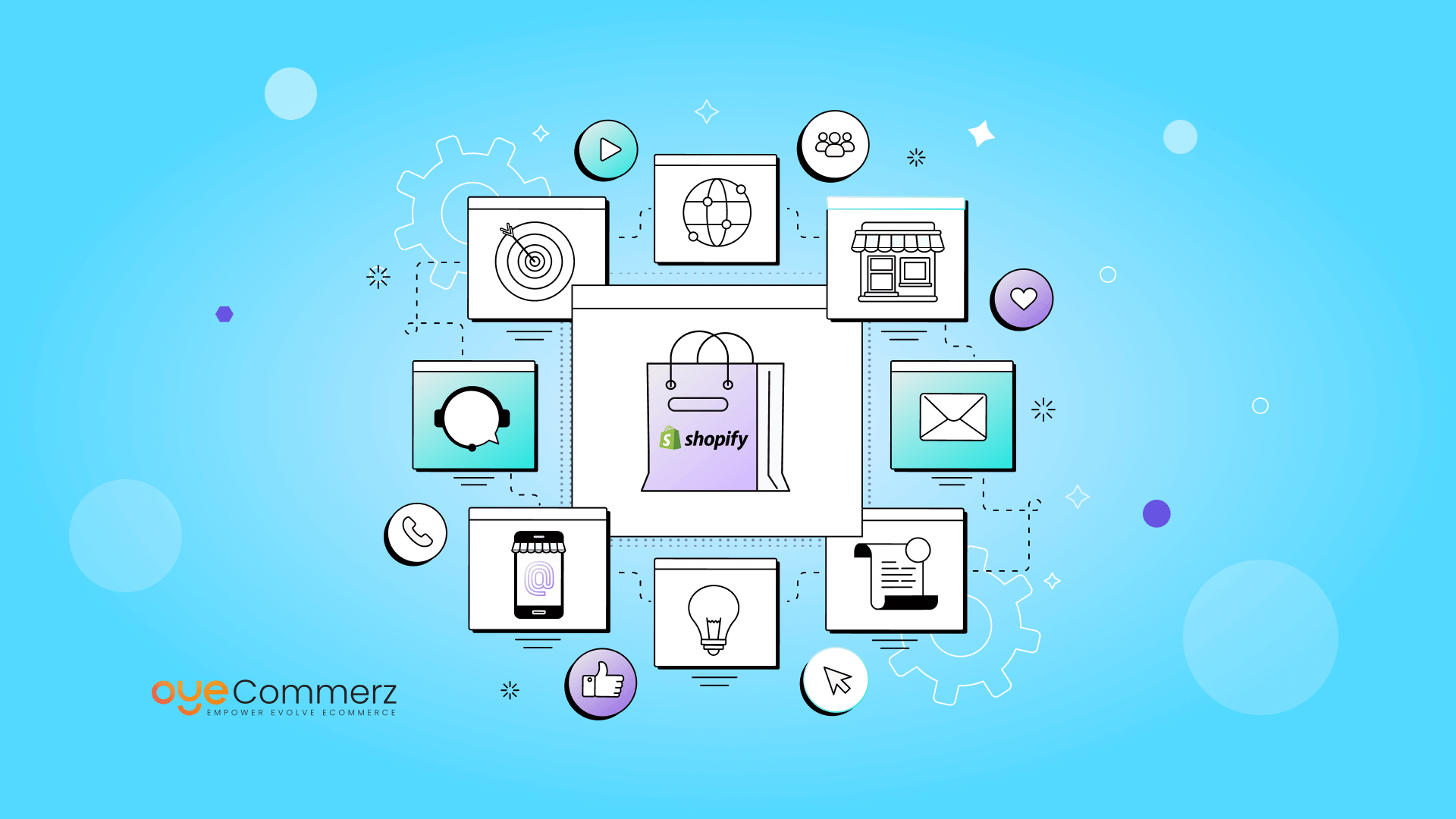Introduction
In today’s competitive e-commerce environment, standing out is paramount, and a top method to differentiate a Shopify store is through custom app development. A well-built Shopify app can boost store functionality, simplify processes, and boost customer engagement. This guide delves into key aspects of Shopify app development, from API integration to scaling strategies and promotion methods, providing a roadmap for companies seeking superior store efficiency.
The Importance of Shopify API Integration
Shopify’s API offers robust tools to customize and extend store functionalities. With GraphQL and REST APIs, developers can access data to create apps that handle inventory management, order handling, and customer information management smoothly. Integrating Shopify’s API can lead to better workflow automation and enables stores to serve customers more efficiently.
Adopting the Polaris Design System
Shopify’s Polaris is Shopify's set of design guidelines for designing intuitive and accessible Shopify apps. By adhering to Polaris guidelines, developers ensure that apps seamlessly integrate within the Shopify Admin experience. This ensures a cohesive look and feel that resonates with Shopify merchants, encouraging usability and comfort for merchants using your tailored app.
Understanding the Shopify App Ecosystem
The Shopify app ecosystem offers endless possibilities for improving online stores. From handling order fulfillment to boosting customer engagement, apps in this ecosystem are tailored to meet various business needs. Learning about this ecosystem assists developers in finding unique app opportunities and allows for seamless integration of third-party services that enhance the store.
Developing Embedded Shopify Apps
Embedded apps integrate directly within the Shopify Admin, allowing a seamless experience for merchants. They allow merchants do not need to navigate away from their Shopify dashboard, streamlining their workflow. Using Shopify App Bridge and embedded app features is recommended for providing a cohesive, well-integrated user experience.
Leveraging Node.js and React for Shopify Development
Node.js and React have become top options for Shopify app creation. Node.js enables high-performance server-side applications, while React Benefits of custom Shopify apps allows for dynamic, responsive front-end design. Together, they offer an strong platform for building fast, growth-ready Shopify apps that enhance store performance and customer engagement.
Webhooks in Shopify Apps
Webhooks allow real-time data synchronization between Shopify and an outside application. They initiate events such as new orders or stock changes and provide immediate alerts to your E-commerce app development app. By implementing webhooks, apps can provide up-to-date information to store owners, streamlining workflows and increasing efficiency.
Engaging Customers Through Digital Marketing for Shopify Apps
To make a Shopify app successful, engaging customers is crucial. Utilizing online marketing techniques like SEO, email marketing, and social media campaigns can drive app adoption. Additionally, designing apps with customer interaction as a focus (e.g., loyalty programs or personalized suggestions) boosts user retention and satisfaction.
Making Your Shopify App Scalable
As e-commerce businesses grow, so do their technology requirements. Ensuring that your app can manage higher usage, larger databases, and more advanced functionalities is critical. By optimizing server capacity and implementing scalable technologies, you can develop apps that grow in tandem with a store’s growth.
Important Features and Maintenance Tips for Shopify Apps
For an app to be useful, it should include key capabilities like user authentication, dashboard analytics, and support channels. Regular app maintenance, including updates to fix bugs and ensuring compatibility with new Shopify features, is vital to ensure uninterrupted performance and prevent disruptions to business processes.
Summary
Custom Shopify app development offers immense opportunities for e-commerce stores, offering the ability to enhance store functionality, simplify operations, and foster customer loyalty. With API integrations and Node.js to focusing on scalability and customer engagement, creating a Shopify app requires thoughtful preparation and well-planned actions. If you’re prepared to elevate your e-commerce experience, a tailored Shopify application may be the perfect choice. What capabilities do you envision for your ideal app? Share your thoughts and begin the journey to an optimized e-commerce experience!
